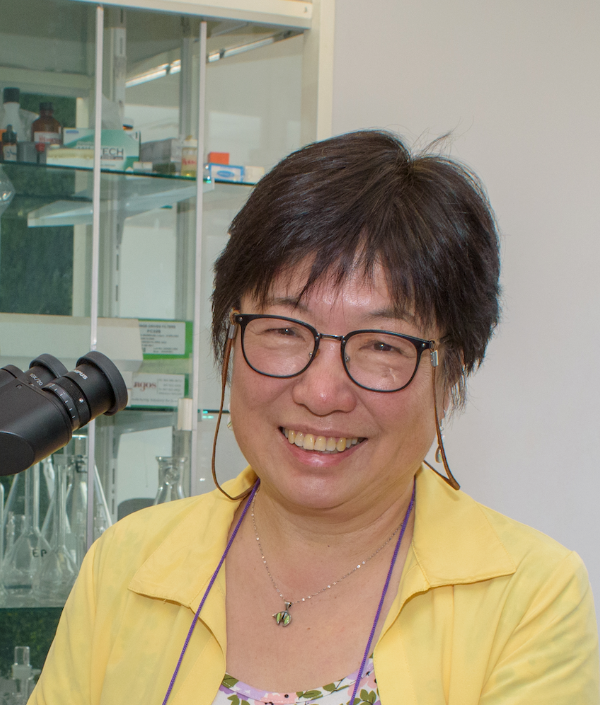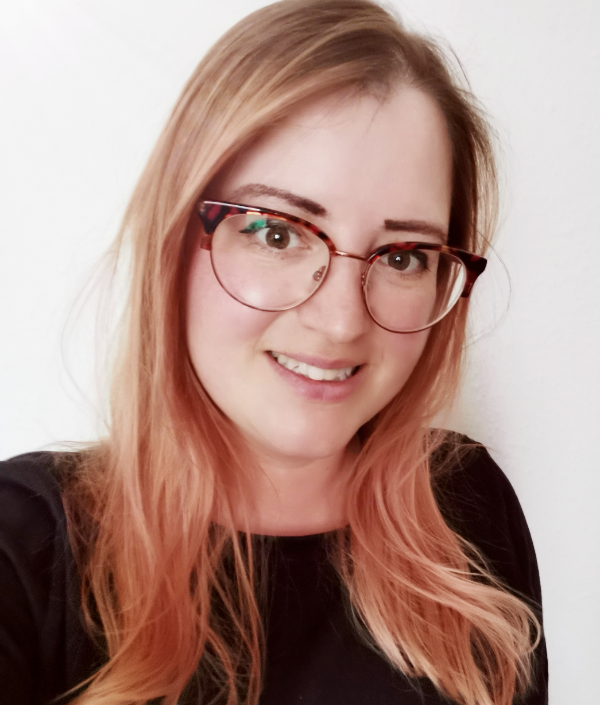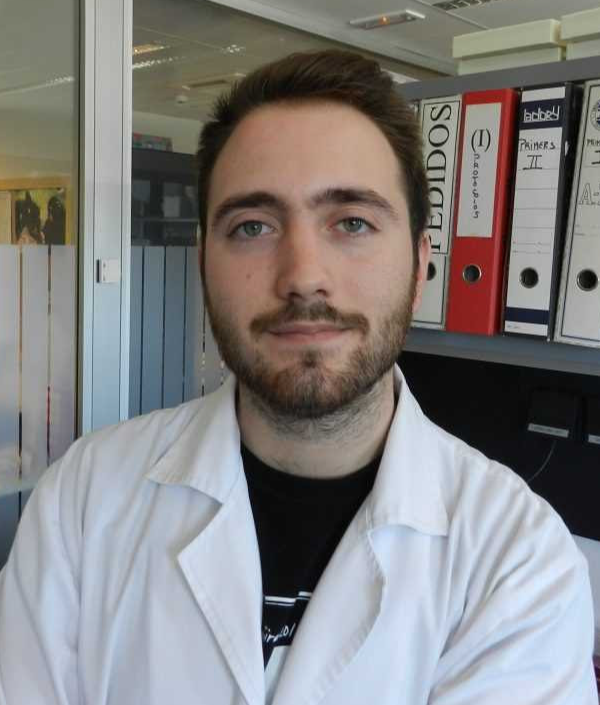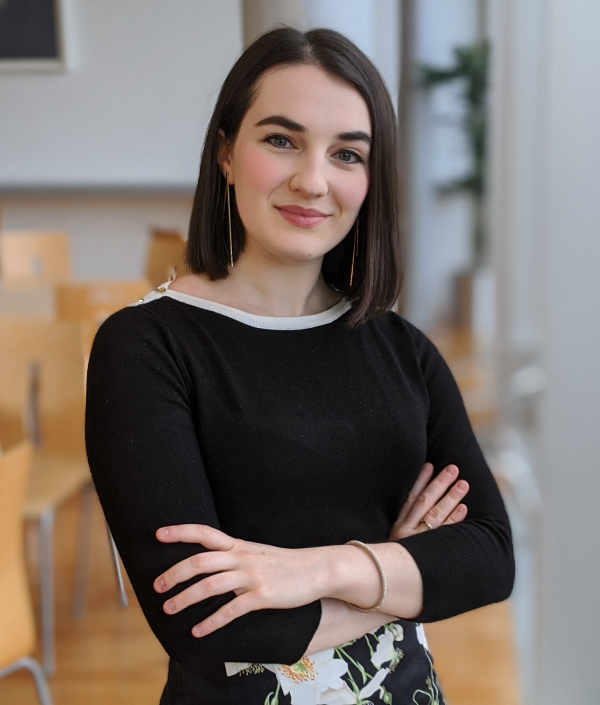BSN Committee
The Society is run by a Board of Trustees of UK neuroendocrinologists together with the Editor-in-Chief of the Society’s Journal, the Journal of Neuroendocrinology. This Board makes recommendations regarding strategy, funding vehicles, future meetings etc to the Annual General Meeting of the Society which is held at the annual scientific meeting. Sub-groups of board members administer the different funding schemes that are available, and the Society’s public engagement strategy.
Unfortunately the Society and its committee members are not in a position to offer personal advice or to comment on specific medical issues or suggest medical professionals who might be qualified to comment.
Role descriptions and terms of reference
President
The President provides strategic and operational leadership, acting as the representative of the membership, and is responsible to the membership for the effective and successful running of the Society. The President also represents the Society to external organisations, including the INF and the RSB.
Remit:
- To lead the development of the Society’s strategy.
- To oversee the activities of the Society.
- To chair Committee meetings and AGMs.
- To represent the Society externally to other organisations, including the INF Council and the RSB, and to report back to the Committee as appropriate.
- To support the Journal Secretary in any negotiations with regard to the Journal of Neuroendocrinology.
- To act as line manager to the CEO.
- To provide a briefing to the next President. The Deputy President stands in for the President, if required.
Secretary
The Secretary is responsible for the management of Committee meetings and AGMs and for ensuring that the Society complies with its governing documents and relevant laws.
Remit:
- To ensure that the agenda and papers for Committee meetings and AGMs are prepared and distributed in a timely manner.
- To ensure that the minutes of all the Committee and AGM meetings are prepared and distributed in a timely manner.
- To oversee the logistical management of the elections of Committee members in accordance with the governing documents.
- To ensure that legal documents, such as the Trustees Annual Report and Accounts and the Annual Charity Return, are submitted within the legal deadlines.
- To keep the President briefed on secretarial activities.
- To provide a briefing to the next Secretary.
Treasurer
The Treasurer is responsible for managing the Society’s funds and its book-keeping, accounting and auditing services, and investments, including managing any external suppliers.
Remit:
- Working with the CEO, to develop budgets and present to the Committee for approval.
- To report on progress at Committee meetings.
- Working with the CEO, to ensure that annual accounts are prepared and presented for approval by the Committee.
- To ensure that financial policies are being followed.
- To approve all payment applications not covered by other authorisations.
- To monitor investments and seek professional advice as appropriate; chair the Investment Sub-committee.
- To oversee third party accounts providers, working with the CEO.
- To advise the Committee on the affordability of new proposals.
- To provide a briefing to the next Treasurer. The Deputy Treasurer stands in for the Treasurer, if required.
Meetings Secretary
The Meetings Secretary is responsible for coordinating all aspects of scientific meetings of the Society, and for representing the Society at programme meetings of other organisations with which the Society has such arrangements, notably the International Neuroendocrine Federation (INF).
Remit:
- To solicit hosts for BSN Annual meetings.
- To assist the LOC of BSN Annual meetings.
- To present proposals and budgets for meetings for approval by the Committee.
- To liaise with organisers of joint annual meetings and other events.
- To report back to the Committee regarding scientific meetings.
- To provide a briefing to the next Meetings Secretary.
Grants Secretary
The Grants Secretary takes a strategic and operational lead for the Society’s grants and awards.
Remit:
- To make proposals to the Committee regarding grant types, any changes to these types, and the budgets required.
- To manage the administration of grants, working with the CEO, the Communications Officer and the RSB.
- In liaison with the Communications Officer, to ensure that website content relating to grants is up to date.
- To organise and oversee grant review processes.
- To approve grant claims.
- To convene and chair meetings of the grants panel as required.
- To report to the Committee regarding grant panel activities.
- To provide a briefing to the next Grants Secretary.
Membership Secretary
The Membership Secretary is responsible to the Committee for recruitment and retention of members, for ensuring an accurate register of members is maintained, and for managing relationships with any suppliers connected with membership management.
Remit:
- Working with the CEO, to ensure that new members are recruited and existed members retained.
- Working with the CEO, to monitor the work of the RSB and the service levels they provide.
- To liaise with RSB re membership numbers/statistics.
- To liaise with RSB regarding membership renewal notices and reminders.
- To report to the Committee regarding membership levels.
- To provide a briefing to the next Membership Secretary.
Journal Secretary
The Journal Secretary is responsible for all aspects of the management of the Society’s journal apart from editorial control.
Remit:
- To monitor the strategic and operational success of the Society’s journal and to make appropriate recommendations to the Committee.
- To take the lead on development and monitoring of Journal of Neuroendocrinology (JNE) strategy.
- To liaise with JNE publishers and monitor their performance.
- To liaise with JNE Editors-in-Chief (EICs).
- To lead the search for new EIC(s), liaising with the Committee as needed, and to manage their appointment.
- Working with the CEO, to lead negotiations with the publisher at times of contract renewal.
- To report back to the Committee regarding journal activities and issues in scientific publishing.
- To chair meetings of the editorial board.
- To provide a briefing to the next Journal Secretary.
Communications Secretary
The Communications Secretary’s role is to ensure that the full breadth of neuroendocrinology is represented in the Society’s communications.
Remit:
- To provide academic oversight with regard to communications.
- To provide academic editorial leadership for the website/social media, i.e. identifying content, updates, media stories etc.
- To advise freelance staff engaged to run social media and the website re content.
- To report back to the Committee regarding communications activities.
- To provide a briefing to the next Communications Secretary.
ECR Trustee
The ECR Trustee, working with the Deputy, the CEO and the Communications Officer, leads on activities to support ECRs.
Remit:
- To maintain an overview of the BSN’s activities and the needs of ECRs, and to propose activities in support of ECRs.
- To manage ECR activities, including the ECR event at the annual conference, and the ECR prizes and awards.
- To report to the Committee on ECR activities.
- To develop the Deputy ECR Representative during their year as deputy.
EDI Secretary
The EDI Secretary leads the BSN’s work to improve equality, diversity and inclusion within the BSN’s activities.
Remit:
- To survey members as appropriate to establish current views.
- To monitor data on the levels of diversity in the BSN’s activities.
- To convene a panel of members as appropriate to discuss EDI topics.
- To propose to the Committee actions needed to improve the BSN’s EDI status.
- To lead on implementing such proposals.
- To monitor the wider bioscience environment with a view to better informing the BSN and to any collaborations that might be of value.
- To provide a briefing to the next EDI Secretary.
Overseas representative
The Overseas representative is appointed by the Trustees as required to provide input from a non-UK viewpoint. They are usually appointed from one of the countries in which the BSN has members and may be an existing Trustee. If they are not an existing Trustee, the Overseas representative attends Committee meetings by invitation, but is not a voting member.
Remit:
- To provide input at Committee meetings from a different perspective, ensuring that the BSN’s activities reflect its international membership.
- To provide input between meetings as required.
- To raise any concerns relating to non-UK issues.
- To use networks to promote the BSN and JNE internationally.
Committee members
All Trustees are responsible in law for the strategy and operations of the BSN as a charity. Committee members who are not Trustees do not have the same legal responsibility, but participate fully in Committee meetings, apart from not having a vote.
Remit:
- To maintain an overview of the BSN’s strategy and any changes needed to it.
- To maintain an overview of the wider neuroendocrinology environment and any issues that impact the BSN.
- To monitor reporting of the BSN’s activities.
- To ensure the BSN remains within its charitable remit of advancing education and research in neuroendocrinology for the public benefit.
- To ensure that good financial practices are maintained.
- To ensure that the BSN complies with legal and good practice requirements.
- Committee members are reminded that Charity Commission information on Trustees’ responsibilities is available at www.gov.uk/guidance/charity-commission-guidance.
Sub-Committee members
The remit of sub-committee members is to work with the relevant chair to deliver on their remit.
Medical advice disclaimer
The Society is not in a position to give medical advice and nothing on or referenced by this web site should be construed as offering medical advice.
This site contains scientific and educational information on neuroendocrinology. Whilst every effort has been made to ensure the factual accuracy of the contents, no liability can be accepted for any use of the information in the site and/or links from it. The Society gives no warranty and accepts no responsibility for the accuracy or the completeness of the material, and it reserves the right to change the content of the site at any time.
The Society provides external links as a service to users of the web site. In providing an external link the Society does not accept responsibility for, nor endorse, the content or condition of any linked site.
If you suffer from, or think you may suffer from, a neuroendocrine condition you should seek qualified medical advice.

















